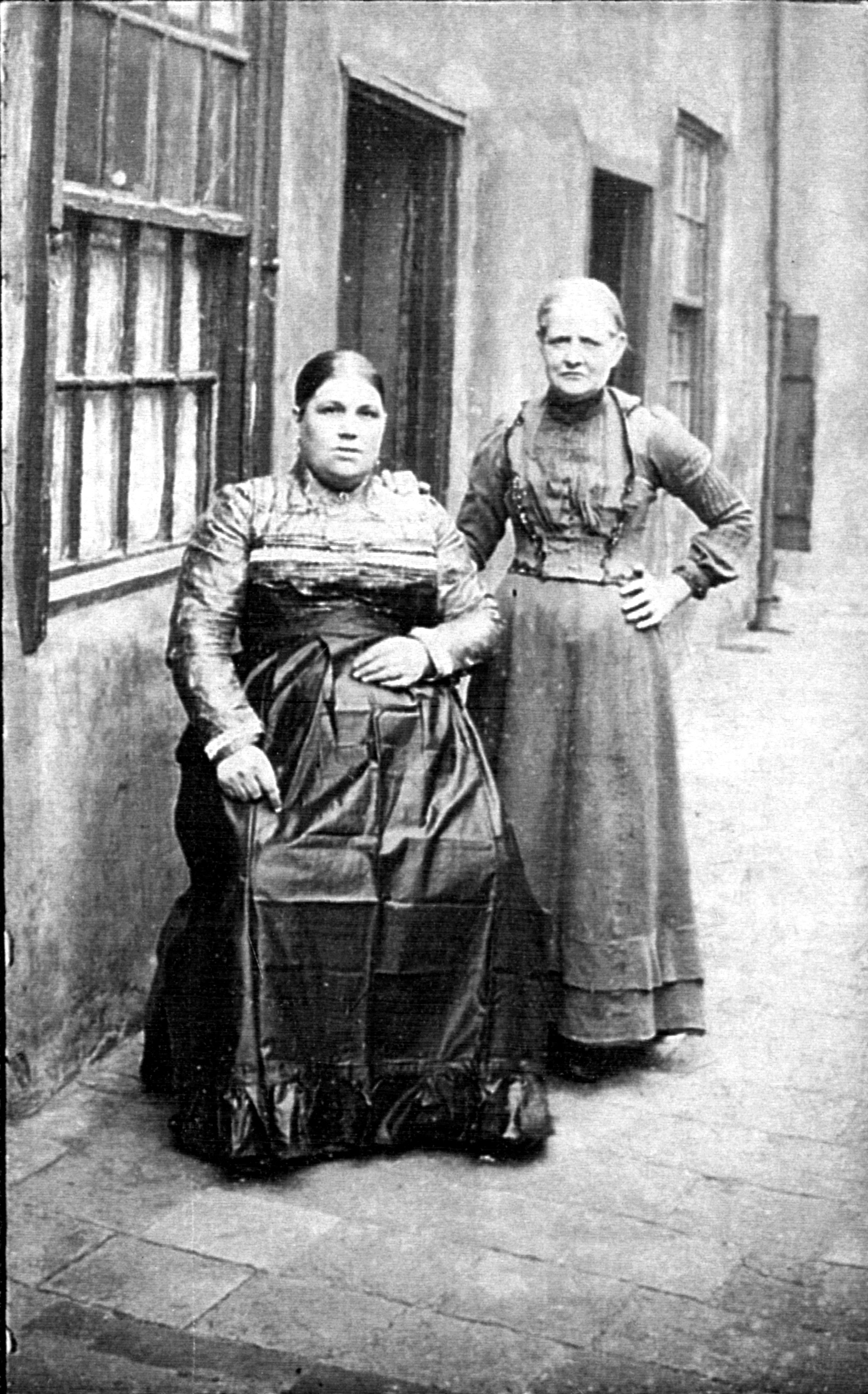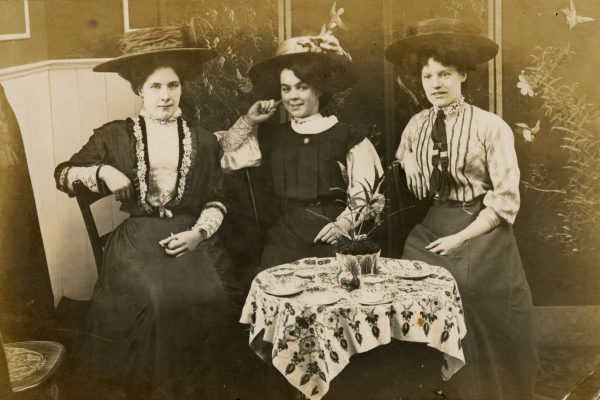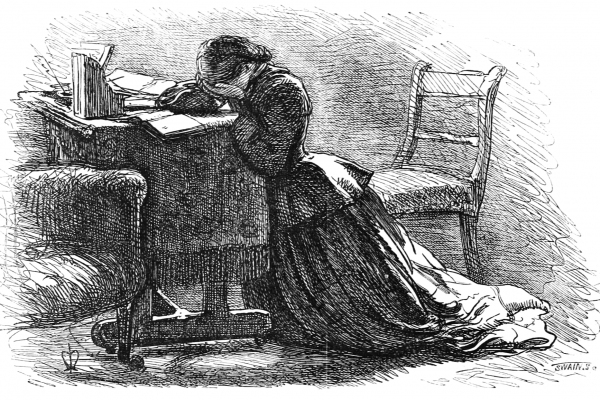
Neighbours in the Park area of Sheffield 19th Century. Source: Picture Sheffield.
In the nineteenth century society was organised by and for the interests of men. In Sheffield General Cemetery’s burial records women are recorded in terms of their marital status and their lives are rarely mentioned in newspapers except for brief marriage and death notices. There were notable exceptions such as Nancy Senior, wife of a Lord Mayor and Master Cutler, who was granted a report of her life and funeral in the Sheffield Telegraph. But newspapers were also quick to condemn those desperate women whose lives ended in drunkenness and destitution. Depression was rarely recognised as an illness, and even the most privileged like Catherine Parker could be driven to desperate measures, including suicide or murder.
Many women were worn out from frequent childbearing while at the same time mourning the deaths of those same babies. Pregnancy outside marriage led to social stigma and financial disaster. Some babies were abandoned, leading to the tragic ‘baby no name’ being recorded in the burial records. The life of an unmarried or widowed woman was often very difficult, although they would have entered the workhouse only as a last resort.





